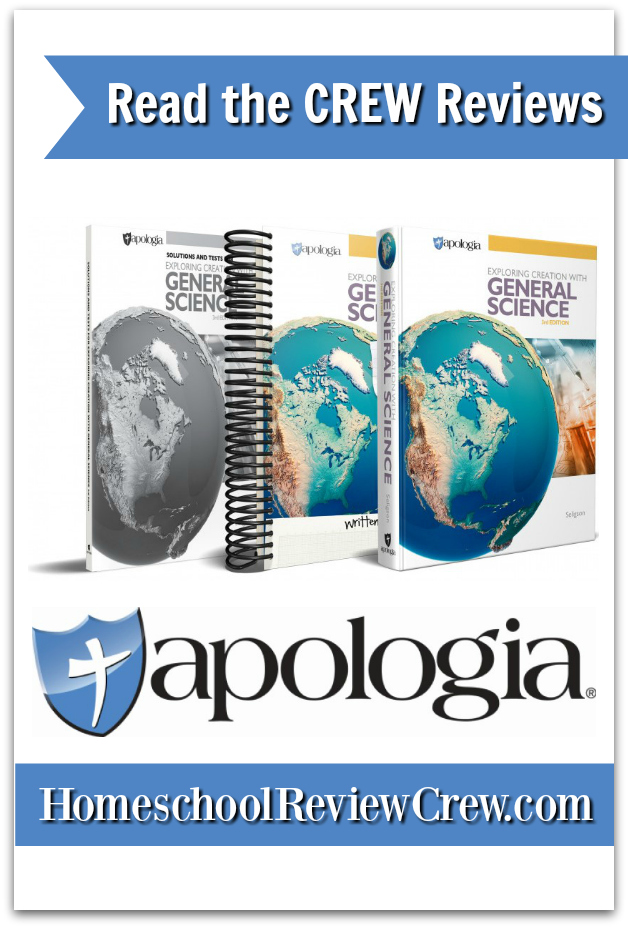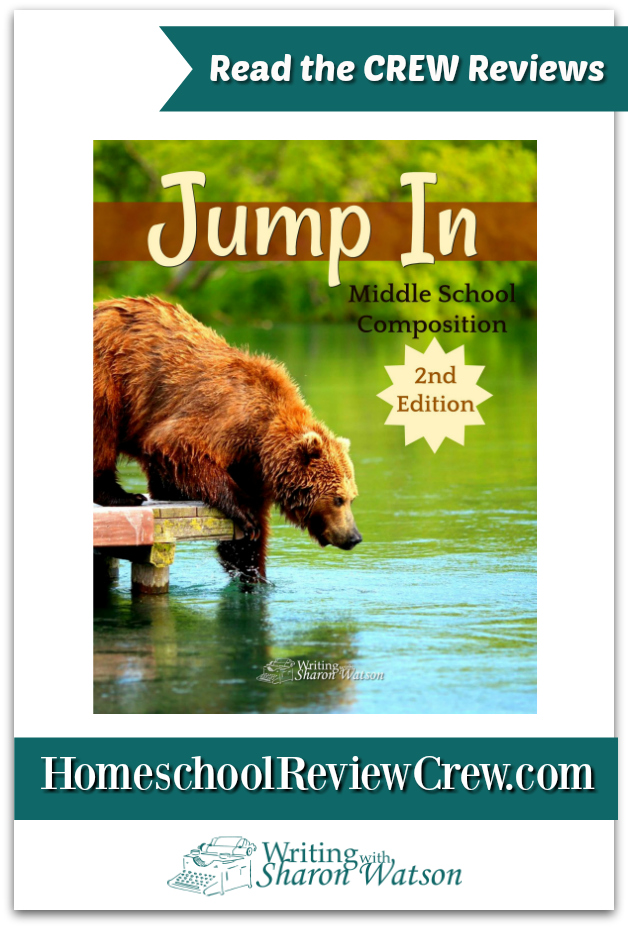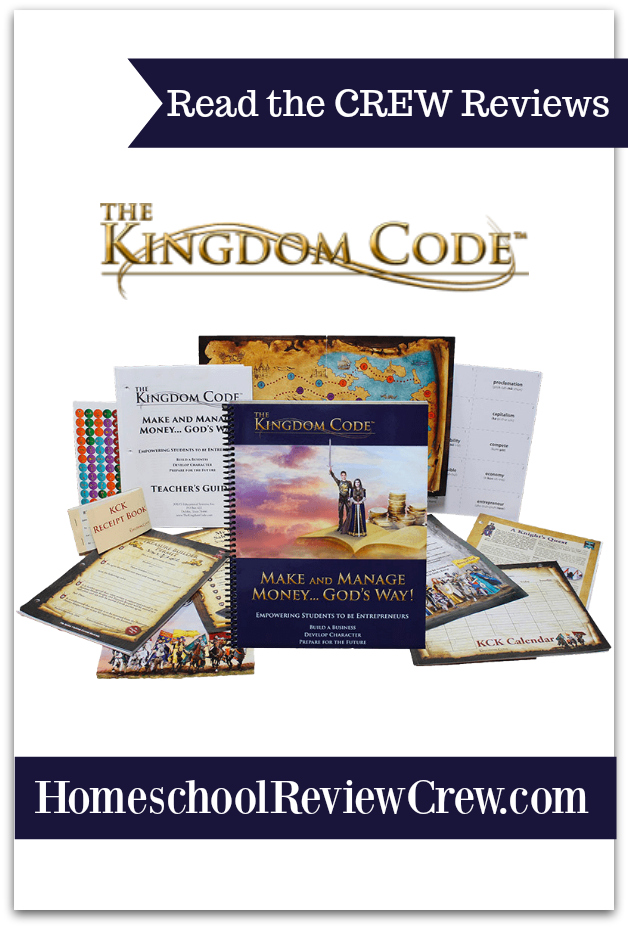We had the opportunity to review Exploring Creation with General Science, 3rd Edition by Apologia. The set included the Textbook, Student Notebook, Solutions and Tests and a Test booklet. One of the nice features of the curriculum is the Student Notebook's schedule that allows the course to be taught over a full school year. We completed the coursework for approximately an hour a day, four days a week. Apologia notes that the Student Notebook is the key to the curriculum in that it helps students transition out of elementary to middle school thus preparing the student(s) for high school. Geared towards those in the 7th grade, it was perfect for my daughter.
The Textbook
The Textbook contains a well-rounded general science course with a large focus on Earth Science which is one of my favorites from college. From Astronomy to meteorology to geology and paleontology and more, it's just enough information to spark an interest in to what could be a child's future career. Of course, there is more ... much more. They have thought of so much when writing this curriculum to prepare the student for higher levels. The book contains 14 chapter-modules with a suggested completion of 2-2 1/2 for each chapter-module. Another component that I like about the Apologia curriculum is how it's constructed to reinforce what is being learned through activities such as the "On Your Own" questions and the Study Guide questions.
The "On Your Own" questions are completed as the student reads the text and the Study Guide questions are completed at the end of the chapter-module. Utilizing both will ensure a greater chance of mastery. In addition to those two activities, there are experiments and Explore More boxes to complete. A note, Apologia recommends a student completes all the experiments but the Explore More are more discretionary.
The Student Notebook
The Student Notebook is essential for the course and contains a daily schedule and the ability to take notes. From my experiences with college as well as in my career, the ability to take notes creates a successful environment. The same goes with this course as a student will be more successful by getting in the practice of taking notes, will become proficient in recording what is important and it reinforces what they are learning. It's a win-win altogether.
 |
| Daily Schedule |
The Student Notebook provides a thorough explanation in how to grade the course which I found extremely helpful as they break down each of the components. We began the course and reviewed the first module together. As noted in Module 1, Week 1, Day 1, it starts out getting the student acclimated to the course with writing out definitions, writing, answering questions, starting the timeline and getting the student in the practice of marking off their work which is a good exercise in responsibility.
As we continued with the course, she continued to be able to work on her own for the most part. I would review the pages with her to see if she had any questions and post grading, I would review how I graded some of her work which helped her to learn from any mistakes. The experiments were fun and matched the reading material allowing both another way to reinforce what was being taught as well as a break from reading and answering questions.
Here is another example of a later module at week 4:
After she completed the lesson, she took the test:
Solutions and Tests and Tests for Exploring Creation with General Science, 3rd Edition
The Solutions and Tests and Tests for Exploring Creation with General Science, 3rd Edition provides all the solutions and answers for the test questions. There is also an informative 'before you begin' section to assist the teacher/parent in moving forward with the test portion. I liked the format of the test as it offered variety and wasn't just multiple choice. It required the student to think and process what they learned in answering some of the questions.
We started out using the curriculum Monday, Tuesday, Thursday and Friday. We only conducted experiments on one day of the week to allow enough time to really utilize them to learn. The experiments were a favorite of my daughter's and the entire section of "Introduction to Labs" was helpful. The experiments continued from very easy to harder and I peeked ahead just to get an idea of a later module.
Take a Look Ahead
Module 6 is Earth Science - Geology and Paleontology. This is the really cool experiement that we are both looking forward to. Experiment 6.1 is growing crystals! The experiments are set up with the following outline:
Purpose
Materials (needed)
Question
Hypothesis
Procedure
Conclusion
The corresponding lab pages follows/repeats the same outline except it has sections to have the student record their notes and answer questions. Here is an example:
Apologia mission:
"Our mission is to help homeschooling students and families learn, live, and defend the Christian faith through our print and digital curriculum and online classes."
Overall, we are enjoying the course and maybe it's more so me but she's not grumbling completing the questions. She even told me she's learning a lot and likes how it's Christian based. The best part for her our the experiments. We look forward to moving through the rest of the modules and definitely recommend Exploring Creation with General Science, 3rd Edition by Apologia.

Follow on Facebook, Twitter, Pinterest and Instagram.
Check out what others on the Homeschool Review Crew, a division of The Old Schoolhouse® Magazine, thought by clicking on the (photo) link below:







































